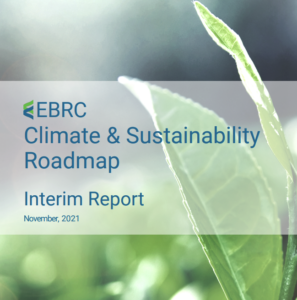Publications
-
Response to RFI on Future Topics for Workforce Development in Emerging Technology Career Pathways
Publication Date: June 2023
Response submitted by EBRC Director of Roadmapping and Education, Dr. Emily Aurand, to the request by NSF seeking novel approaches that lead to the recruitment of diverse and creative individuals into emerging technologies. This response provides strategic recommendations to increase the rate and composition of students enrolled in both traditional and non-traditional academic pathways to STEM and high-paying technology careers.
Keywords: Emerging technologies, Workforce, Biotechnology, Education
